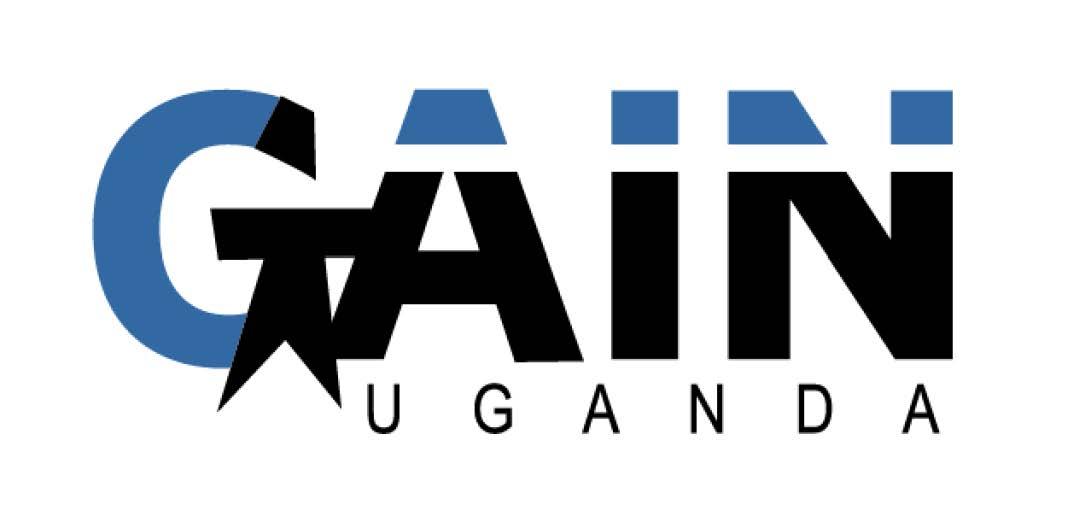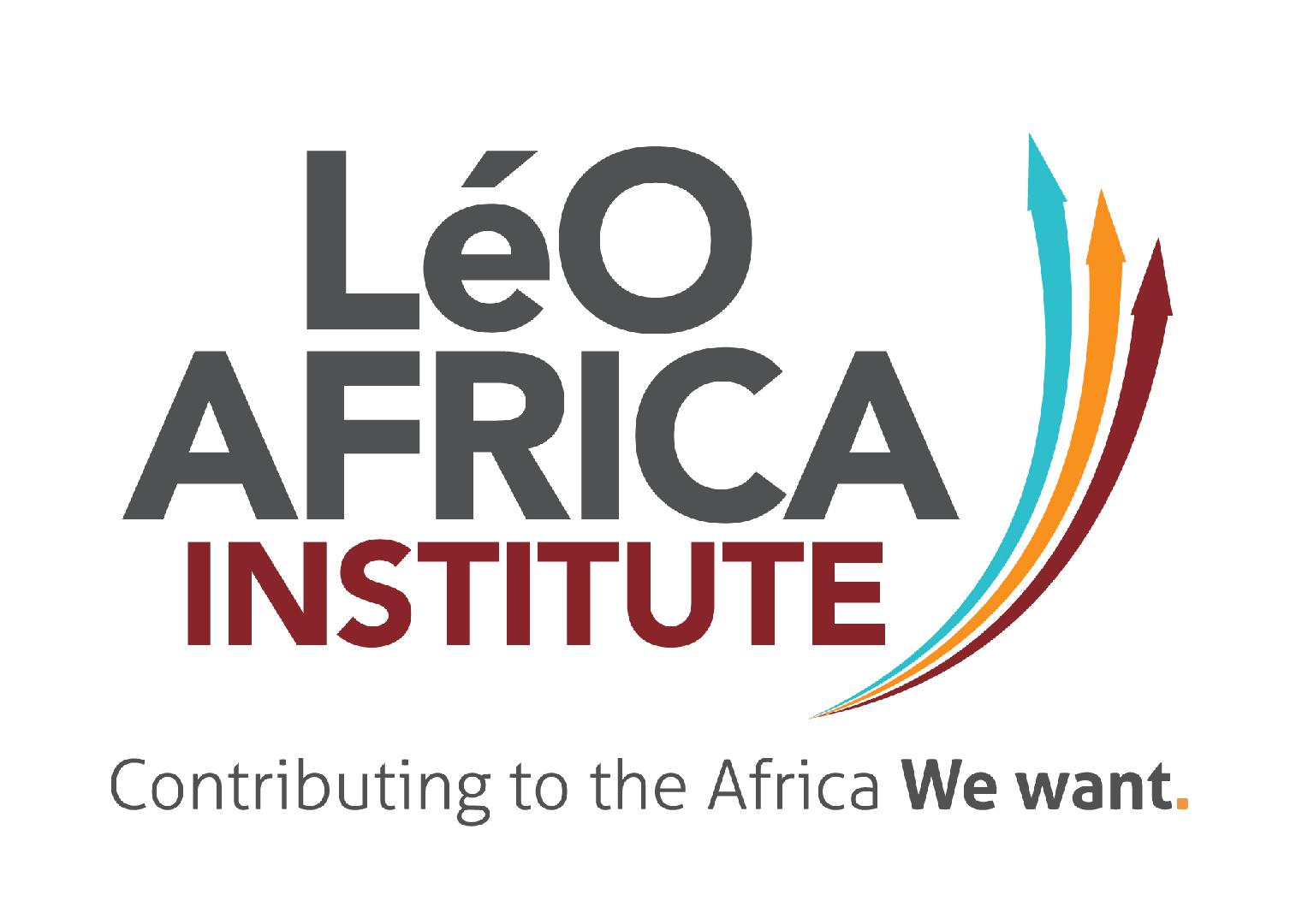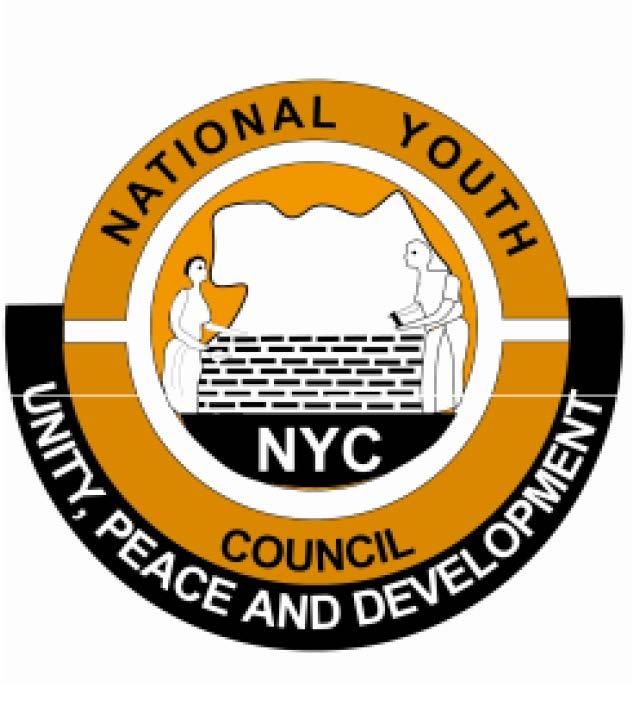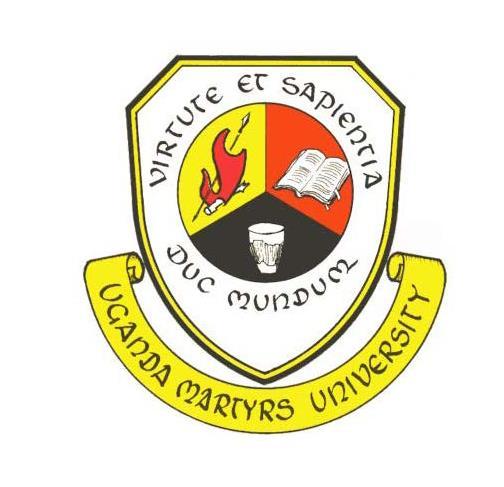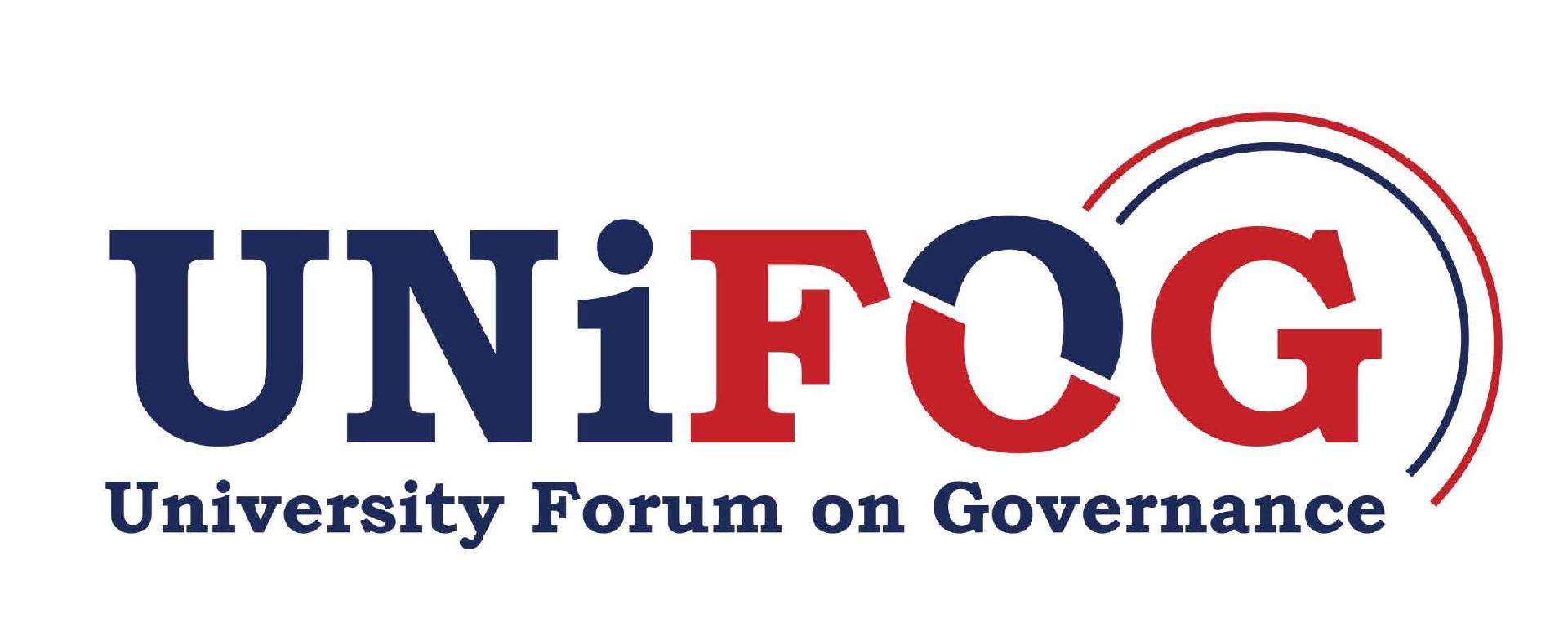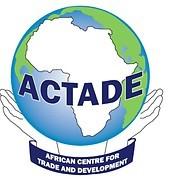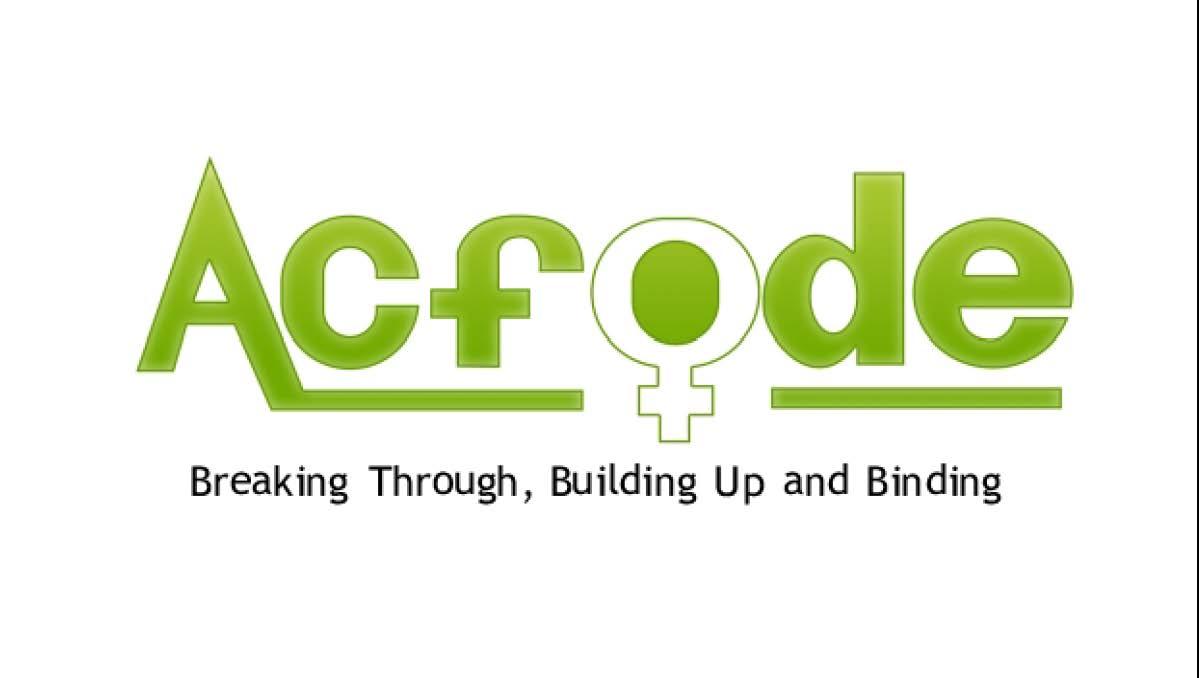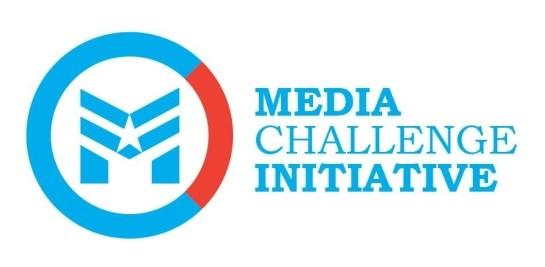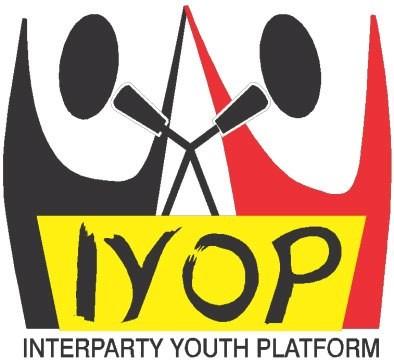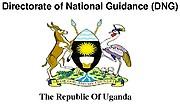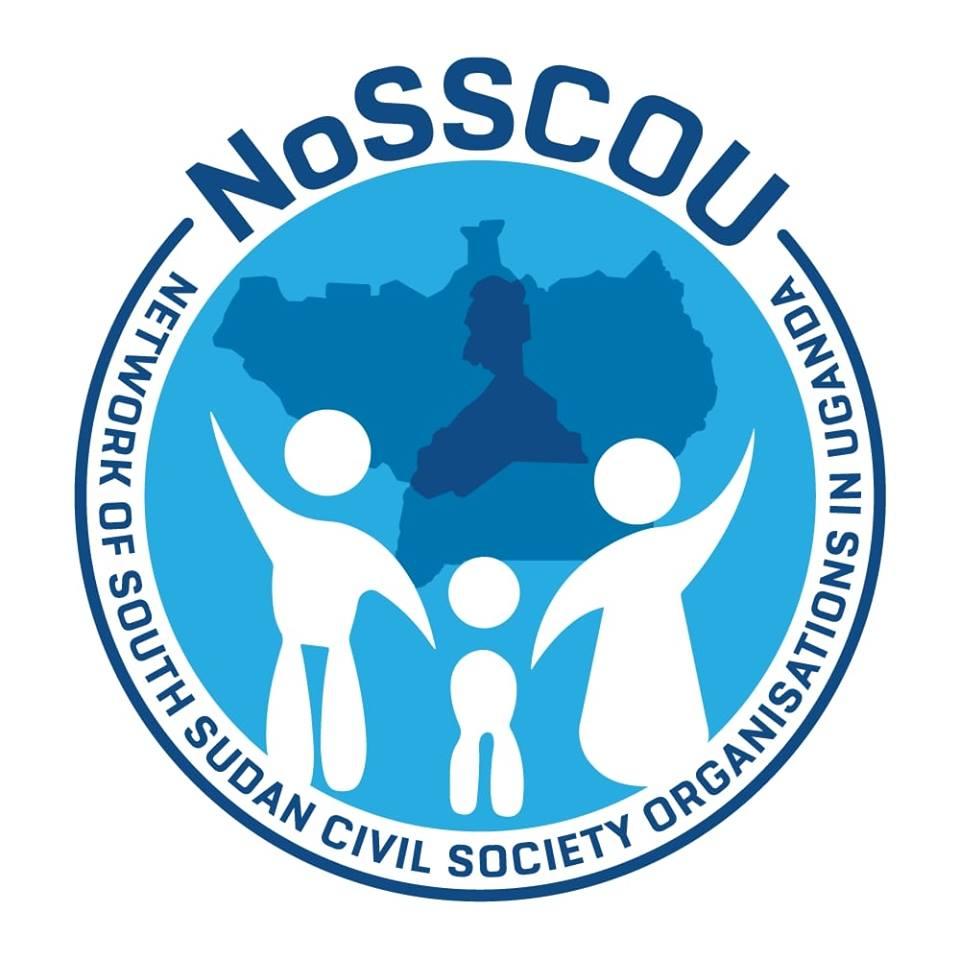Welcome to the Konrad Adenauer Stiftung!
Freedom, justice and solidarity are the basic principles underlying the work of the Konrad-Adenauer-Stiftung (KAS). The KAS is a political foundation, closely associated with the Christian Democratic Union of Germany (CDU). As co-founder of the CDU and the first Chancellor of the Federal Republic of Germany, Konrad Adenauer (1876-1967) united Christian-social, conservative and liberal traditions. His name is synonymous with the democratic reconstruction of Germany, the firm alignment of foreign policy with the trans-Atlantic community of values, the vision of a unified Europe and an orientation towards the social market economy. His intellectual heritage continues to serve both as our aim as well as our obligation today.
In our European and international cooperation efforts we work for people to be able to live self-determined lives in freedom and dignity. We make a contribution underpinned by values to helping Germany meet its growing responsibilities throughout the world.
We encourage people to lend a hand in shaping the future along these lines. With more than 70 offices abroad and projects in over 120 countries, we make a unique contribution to the promotion of democracy, the rule of law and a social market economy. To foster peace and freedom we encourage a continuous dialog at the national and international levels as well as the exchange between cultures and religions.
Human beings in their distinctive dignity and with their rights and responsibilities are at the heart of our work. We are guided by the conviction that human beings are the starting point in the effort to bring about social justice and democratic freedom while promoting sustainable economic activity. By bringing people together who embrace their responsibilities in society, we develop active networks in the political and economic spheres as well as in society itself. The guidance we provide on the basis of our political know-how and knowledge helps to shape the globalization process along more socially equitable, ecologically sustainable and economically efficient lines.
We cooperate with governmental institutions, political parties, civil society organizations and handpicked elites, building strong partnerships along the way. In particular we seek to intensify political cooperation in the area of development cooperation at the national and international levels on the foundations of our objectives and values. Together with our partners we make a contribution to the creation of an international order that enables every country to develop in freedom and under its own responsibility.
Main objectives of KAS’ work in Uganda
Uganda is going through a difficult – and not always consistent – process of democratization. A particular challenge is the consolidation of the multi-party political system which was only re-introduced a few years ago.
Furthermore, in light of the still prevailing problematic socio-economic situation in the country it is crucial to ensure economic development with social benefits.
Given the challenges of the young and unconsolidated pluralistic and democratic system, the major objectives of the work of the Konrad-Adenauer-Stiftung in Uganda are:
1. Consolidation of political pluralism and democratic rule of law.
2. Strengthening the participation of civil society and enhancing the performance of civil society organisations as watchdogs and mediators.
3. Promoting the principles of social market economy and strengthening institutions and actors in charge of regulatory policy with regard to social market economy.
As crosscutting issue, the empowerment of women and youths receives special attention in our activities. Furthermore, a particular focus is on the promotion of pluralism and democracy at the local level and the strengthening of decentralized structures.
Strategy and Activities
In order to achieve the objectives the Konrad-Adenauer-Stiftung in Uganda actively works together with local partners, which are both state institutions as well as civil society organizations. The cooperation includes financial and organizational support for the partners, assistance in the development of programmes, concepts and strategies, as well as the active collaboration in implementing different activities, particularly in the area of civic education.
The spectrum of activities carried out includes among others:
- Public dialogues and forums for discussion
- Capacity building for the staff of partner organisations and training of trainers for multiplicators
- Development of strategic concepts and position papers
- Development of reference material for civic education
- Training workshops and seminars for civic education (particularly at local level)
- Intensive capacity building programmes and professional trainings for specific target groups (e.g. women, youths, journalists, politicians at local level)
- Development and distributions of publications
- Awarding of scholarships
In line with the overall objectives, the activities carried out from 2011 are focussing on the following major areas:
- Cooperation with selected parties in order to strengthen their ability to develop their own profile with regard to the major political debates and actively present the party positions to the public.
- Strengthening the youth members of selected parties in their capacity to influence the party platforms and take up party functions.
- Cooperation with political actors as multipliers, particularly at local level, in order to promote political pluralism, democratic participation and representation.
- Raising awareness on civic rights and responsibilities, particularly among women and youths in order to enhance their active involvement in political and social formation and decision making processes.
- Enhancing the awareness among journalists and media representatives on their roles in a democratic society and strengthening their capacity to employ professional methods of critical journalism.
- Facilitating an active dialogue among political and economic leaders on market regulation issue and the principles of social market economy.



